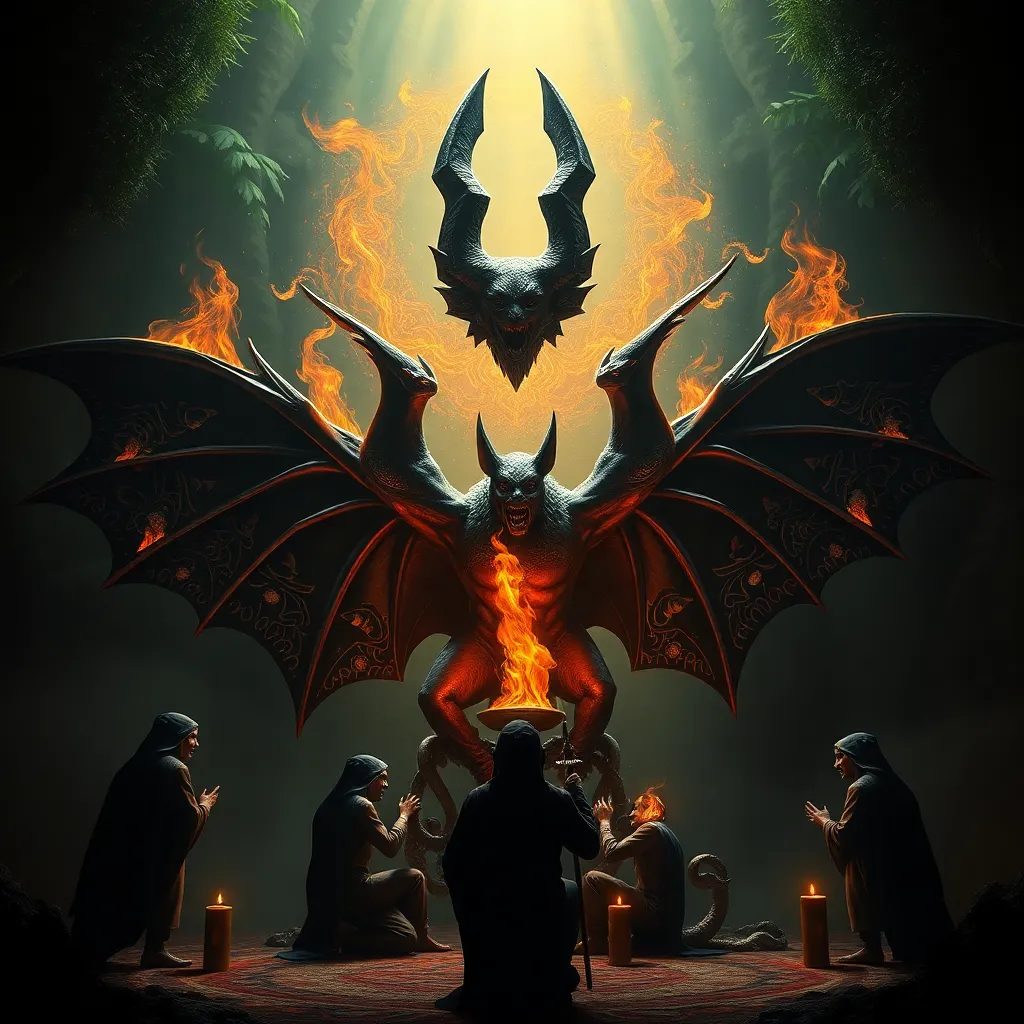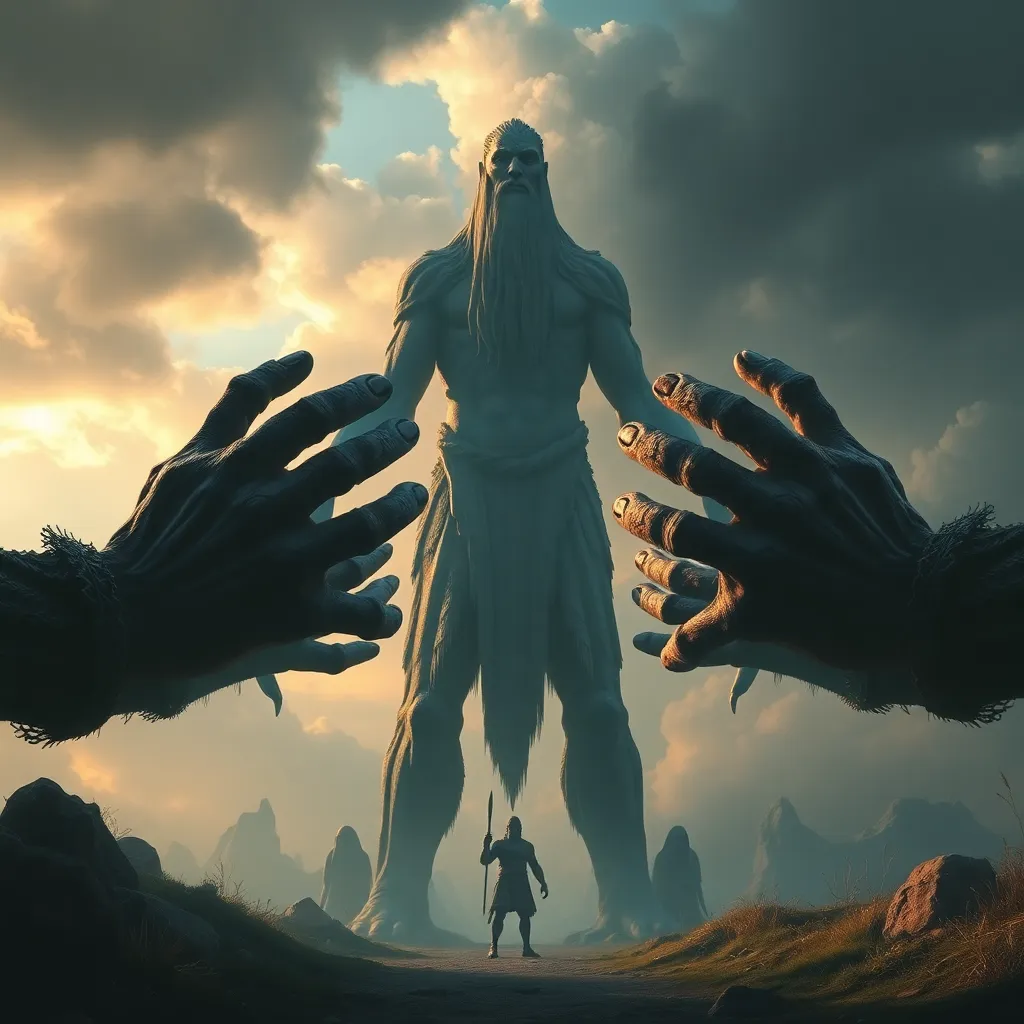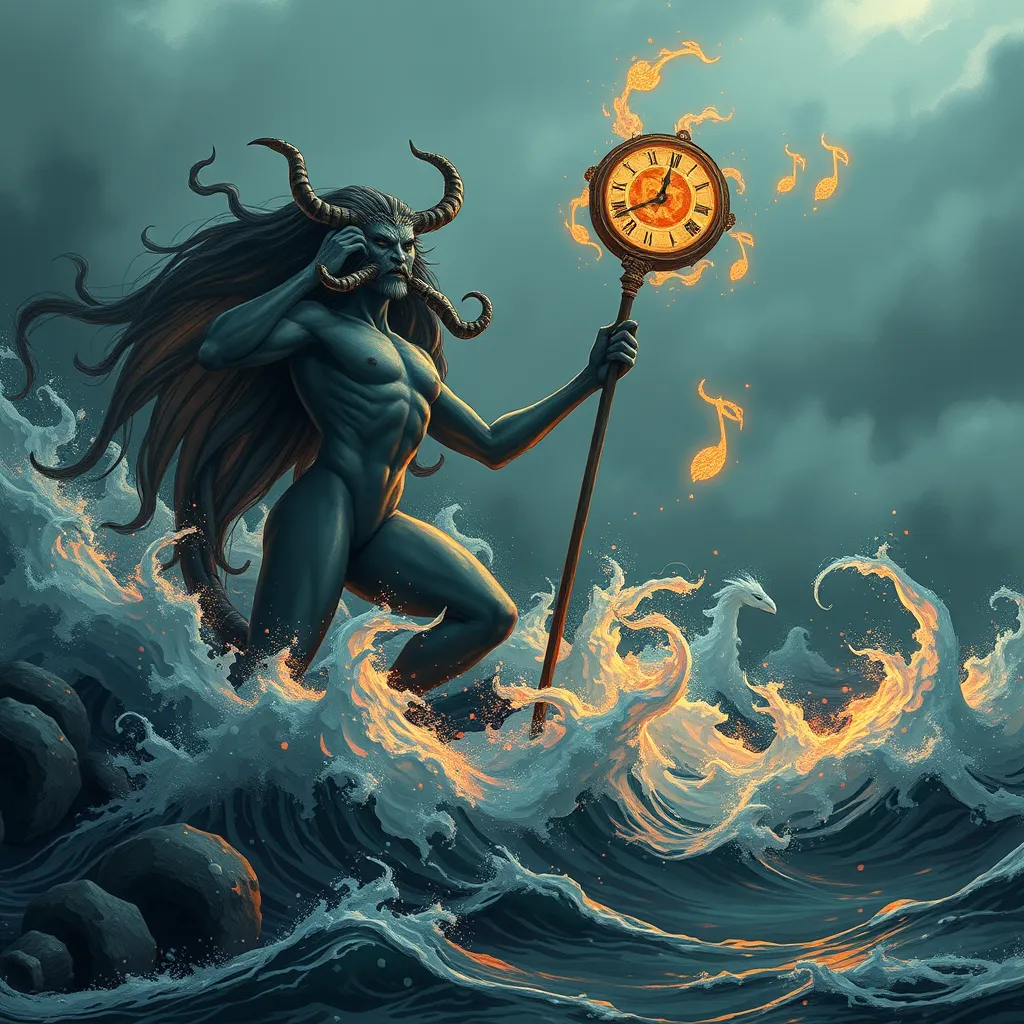Celestial Steeds: Uncovering the Unicorn in Celtic Mythology
The Unicorn: A Symbol of Purity and Power
The unicorn, a creature of legend and myth, has captivated imaginations for centuries. This mythical creature, often depicted as a white horse with a single, spiraled horn on its forehead, is deeply rooted in Celtic mythology. More than just a fantastical beast, the unicorn holds profound symbolic meaning, representing purity, power, and the divine. In Celtic cultures, the unicorn was revered as a symbol of grace, innocence, and spiritual strength. Its horn, believed to possess magical properties, was thought to purify water, cure disease, and ward off evil.
The unicorn’s singular horn symbolizes its unique and powerful nature. It embodies the idea of a singular force, a powerful energy that cannot be divided or diminished. This singular horn also represents the connection between the physical and spiritual realms, the bridge between the earthly and the divine.
Celestial Steeds: The Unicorn’s Connection to the Divine
The unicorn’s connection to the divine runs deep within Celtic mythology. In many Celtic traditions, the unicorn was seen as a celestial steed, a creature that belonged to the realm of gods and spirits. It was believed to be a messenger of the divine, a conduit between the mortal world and the spiritual realm. The unicorn’s connection to the divine is often reflected in its association with light, purity, and healing – qualities that are often attributed to the divine.
The unicorn’s association with the divine is further emphasized by its role in tales of healing and protection. It was believed to be able to cure disease and protect against evil spirits. This role as a protector and healer is a reflection of the divine power attributed to the unicorn.
The Unicorn in Celtic Literature and Folklore
The unicorn appears in a variety of Celtic literature and folklore, often playing a significant role in myths, legends, and tales. Its presence in these stories adds an element of magic and wonder, highlighting the creature’s significance in the cultural imagination.
The unicorn’s role in Celtic folklore goes beyond just being a mythical creature. It often serves as a symbol of hope, purity, and the power of the divine. Its presence in these stories reminds us of the power of imagination, the importance of believing in the unseen, and the eternal longing for a connection to something greater than ourselves.
The Unicorn in Irish Mythology
In Irish mythology, the unicorn is deeply rooted in the folklore and legends of the land. Though not as prominent as other mythical creatures like the Celtic faeries or the leprechauns, the unicorn still plays a significant role.
The unicorn in Irish mythology is often depicted as a guardian of sacred places and a protector of the innocent. It is associated with the power of nature and the strength of the spirit. In some Irish tales, the unicorn is even depicted as a guide to the Otherworld, a mystical realm beyond our own.
The Unicorn in Welsh Mythology
The unicorn also holds a place in Welsh mythology, though its role is less prominent than in Irish mythology. In Welsh tales, the unicorn is often depicted as a creature of great beauty and power, associated with kings and royalty.
The unicorn’s association with royalty in Welsh mythology is a reflection of its perceived power and its association with the divine. It is seen as a creature worthy of respect and admiration, a symbol of strength and grace. While the unicorn’s presence in Welsh mythology is less frequent than in Irish folklore, it still holds a significant place in the cultural imagination.
Celestial Steeds: Uncovering the Unicorn in Celtic Mythology
The Unicorn: A Symbol of Purity and Power
The unicorn, a creature of legend and myth, has captivated imaginations for centuries. This mythical creature, often depicted as a white horse with a single, spiraled horn on its forehead, is deeply rooted in Celtic mythology. More than just a fantastical beast, the unicorn holds profound symbolic meaning, representing purity, power, and the divine. In Celtic cultures, the unicorn was revered as a symbol of grace, innocence, and spiritual strength. Its horn, believed to possess magical properties, was thought to purify water, cure disease, and ward off evil.
The unicorn’s singular horn symbolizes its unique and powerful nature. It embodies the idea of a singular force, a powerful energy that cannot be divided or diminished. This singular horn also represents the connection between the physical and spiritual realms, the bridge between the earthly and the divine.
Celestial Steeds: The Unicorn’s Connection to the Divine
The unicorn’s connection to the divine runs deep within Celtic mythology. In many Celtic traditions, the unicorn was seen as a celestial steed, a creature that belonged to the realm of gods and spirits. It was believed to be a messenger of the divine, a conduit between the mortal world and the spiritual realm. The unicorn’s connection to the divine is often reflected in its association with light, purity, and healing – qualities that are often attributed to the divine.
The unicorn’s association with the divine is further emphasized by its role in tales of healing and protection. It was believed to be able to cure disease and protect against evil spirits. This role as a protector and healer is a reflection of the divine power attributed to the unicorn.
The Unicorn in Celtic Literature and Folklore
The unicorn appears in a variety of Celtic literature and folklore, often playing a significant role in myths, legends, and tales. Its presence in these stories adds an element of magic and wonder, highlighting the creature’s significance in the cultural imagination.
The unicorn’s role in Celtic folklore goes beyond just being a mythical creature. It often serves as a symbol of hope, purity, and the power of the divine. Its presence in these stories reminds us of the power of imagination, the importance of believing in the unseen, and the eternal longing for a connection to something greater than ourselves.
The Unicorn in Irish Mythology
In Irish mythology, the unicorn is deeply rooted in the folklore and legends of the land. Though not as prominent as other mythical creatures like the Celtic faeries or the leprechauns, the unicorn still plays a significant role.
The unicorn in Irish mythology is often depicted as a guardian of sacred places and a protector of the innocent. It is associated with the power of nature and the strength of the spirit. In some Irish tales, the unicorn is even depicted as a guide to the Otherworld, a mystical realm beyond our own.
The Unicorn in Welsh Mythology
The unicorn also holds a place in Welsh mythology, though its role is less prominent than in Irish mythology. In Welsh tales, the unicorn is often depicted as a creature of great beauty and power, associated with kings and royalty.
The unicorn’s association with royalty in Welsh mythology is a reflection of its perceived power and its association with the divine. It is seen as a creature worthy of respect and admiration, a symbol of strength and grace. While the unicorn’s presence in Welsh mythology is less frequent than in Irish folklore, it still holds a significant place in the cultural imagination.
The Unicorn in Gaulish Mythology
The unicorn’s presence in Gaulish mythology, the mythology of ancient Gaul (modern-day France), is less documented than its presence in Irish and Welsh myths. However, evidence suggests that the unicorn was also a creature of reverence and symbolic significance in Gaulish culture.
The unicorn’s connection to the divine in Gaulish mythology is likely linked to its role as a symbol of purity, strength, and healing. The unicorn was possibly seen as a protector of the people and a representation of the divine power that guided their lives. While the specific details of the unicorn’s role in Gaulish mythology are limited, its presence in Gaulish art and symbolism indicates its significance in the cultural landscape.
Theories on the Origin of the Unicorn Myth
The origin of the unicorn myth remains shrouded in mystery. Theories abound, ranging from interpretations of real animals like the narwhal (a whale with a single, long tusk) to symbolic representations of a spiritual or divine force.
One theory suggests that the unicorn myth originated from ancient accounts of the narwhal, a whale with a long, spiraled tusk that resembles a unicorn’s horn. The narwhal’s tusk, often found washed ashore, could have been mistaken for the horn of a mythical creature, sparking the legend of the unicorn.
Another theory proposes that the unicorn myth evolved from symbolic representations of the divine and its association with purity and power. In many cultures, the single horn symbolizes the singular force of the divine, a powerful energy that cannot be divided or diminished. The unicorn, through its unique and powerful nature, embodies this concept, representing the divine’s connection to the earthly realm.
The Unicorn as a Real Animal?
While the unicorn is a mythical creature, the question of its real-world origins has sparked debate and fascination. The presence of the narwhal with its distinctive tusk has fueled speculation about the source of the unicorn myth. However, the unicorn as a creature with a single, spiraled horn and all the magical qualities attributed to it remains in the realm of fantasy.
The unicorn embodies a longing for something pure, powerful, and divine. It represents the human desire to connect with something greater than ourselves, to find meaning and purpose in the face of the unknown. The unicorn myth serves as a reminder that imagination, spirituality, and the search for the divine are integral parts of the human experience.
The Unicorn in Modern Culture
The unicorn has transcended its roots in Celtic mythology and has become a symbol of purity, innocence, and magic, captivating the imaginations of people worldwide. From children’s literature to popular culture, the unicorn’s image has become synonymous with wonder, dreams, and the power of imagination.
The unicorn’s enduring popularity is a testament to its power as a symbol of hope and beauty. It represents the human longing for something pure, powerful, and divine. In a world often filled with challenges and uncertainty, the unicorn serves as a reminder of the power of imagination, the importance of believing in the unseen, and the eternal longing for a connection to something greater than ourselves.
FAQ
**Q: What is the unicorn’s significance in Celtic mythology?**
A: In Celtic mythology, the unicorn is a creature of great spiritual significance, representing purity, power, and the divine. It was often seen as a celestial steed, a messenger of the gods, and a protector of the innocent.
**Q: What is the meaning of the unicorn’s single horn?**
A: The unicorn’s singular horn symbolizes its unique and powerful nature. It embodies the idea of a singular force, a powerful energy that cannot be divided or diminished. This horn also represents the connection between the physical and spiritual realms, the bridge between the earthly and the divine.
**Q: Does the unicorn represent a real animal?**
A: While the unicorn myth has sparked debate about possible origins, such as the narwhal, the unicorn as a creature with a single, spiraled horn and magical qualities remains in the realm of fantasy.
**Q: What is the unicorn’s role in Irish and Welsh mythology?**
A: In Irish mythology, the unicorn is a guardian of sacred places and a protector of the innocent. It is associated with the power of nature and the strength of the spirit. In Welsh mythology, the unicorn is often depicted as a creature of great beauty and power, associated with kings and royalty.
**Q: What is the unicorn’s modern-day significance?**
A: The unicorn has become a symbol of purity, innocence, and magic in modern culture, captivating the imaginations of people worldwide. From children’s literature to popular culture, the unicorn’s image has become synonymous with wonder, dreams, and the power of imagination.



